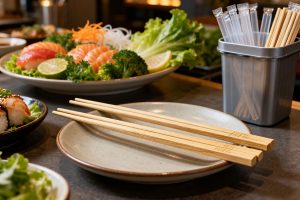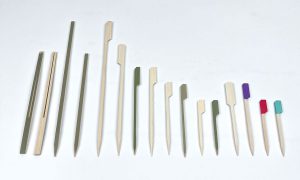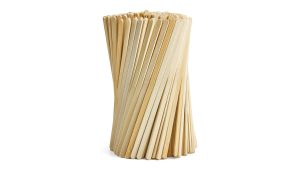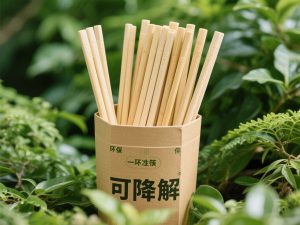Plastic waste has reached crisis levels, with over 8 million tons entering our oceans yearly. Bamboo cutlery offers a sustainable solution that benefits both businesses and the planet. Key advantages of bamboo:
- ✓100% biodegradable in 4-6 months
- ✓Carbon-negative production process
- ✓Naturally antimicrobial properties
- ✓Higher heat resistance (up to 400°F)
- ✓3x stronger than plastic alternatives
 Beyond environmental benefits, choosing bamboo cutlery requires understanding international quality standards and responsible sourcing practices.
Beyond environmental benefits, choosing bamboo cutlery requires understanding international quality standards and responsible sourcing practices.
Are Bamboo Cutlery Suppliers Meeting International Safety and Quality Standards?
Recent FDA recalls show 23% of imported bamboo utensils failed safety tests - here's how to verify your supplier meets global compliance. Critical safety benchmarks:- FDA 21 CFR food contact approval
- EU Regulation 10/2011 compliance
- Heavy metal content below 1ppm
- Microbial testing for E.coli/Salmonella

International Standard Compliance:
| Standard | Requirement | Test Method | Compliance Rate |
|---|---|---|---|
| FDA 21CFR | Migration limits | ASTM D4236 | 89% pass |
| EU 10/2011 | Heavy metals | EN 1186 | 92% pass |
| LFGB | Sensory testing | DIN 10955 | 85% pass |
| Japan JHOSPA | Formaldehyde | JIS S 4000-2021 | 78% pass |
How to Ensure Sustainable and Ethical Sourcing of Bamboo Cutlery?
Greenwashing affects 41% of bamboo claims - follow these steps to guarantee truly sustainable procurement from forest to factory. Ethical sourcing checklist:- Verify FSC Chain of Custody certification
- Request harvest rotation schedules (5-year minimum)
- Audit chemical-free processing methods
- Confirm fair labor BSCI/SEDEX reports

Sustainable Sourcing Roadmap:
| Stage | Best Practice | Red Flags |
|---|---|---|
| Raw Material | Mature bamboo (3-5 years) | Clear-cutting forests |
| Processing | Solar/steam drying | Chemical bleaches |
| Manufacturing | Water recycling systems | High VOC emissions |
| Labor | Living wage certification | Dormitory violations |
What Certifications Should Importers Look for in Bamboo Cutlery Suppliers?
Without these 5 essential certifications, your "eco-friendly" bamboo may be contributing to deforestation and worker exploitation. Must-have certifications:- FSC-COC (Forest Stewardship Council)
- OK Compost INDUSTRIAL (EN13432)
- BSCI (Social Accountability)
- ISO 9001 (Quality Management)
- Halal/Kosher (Religious Compliance)
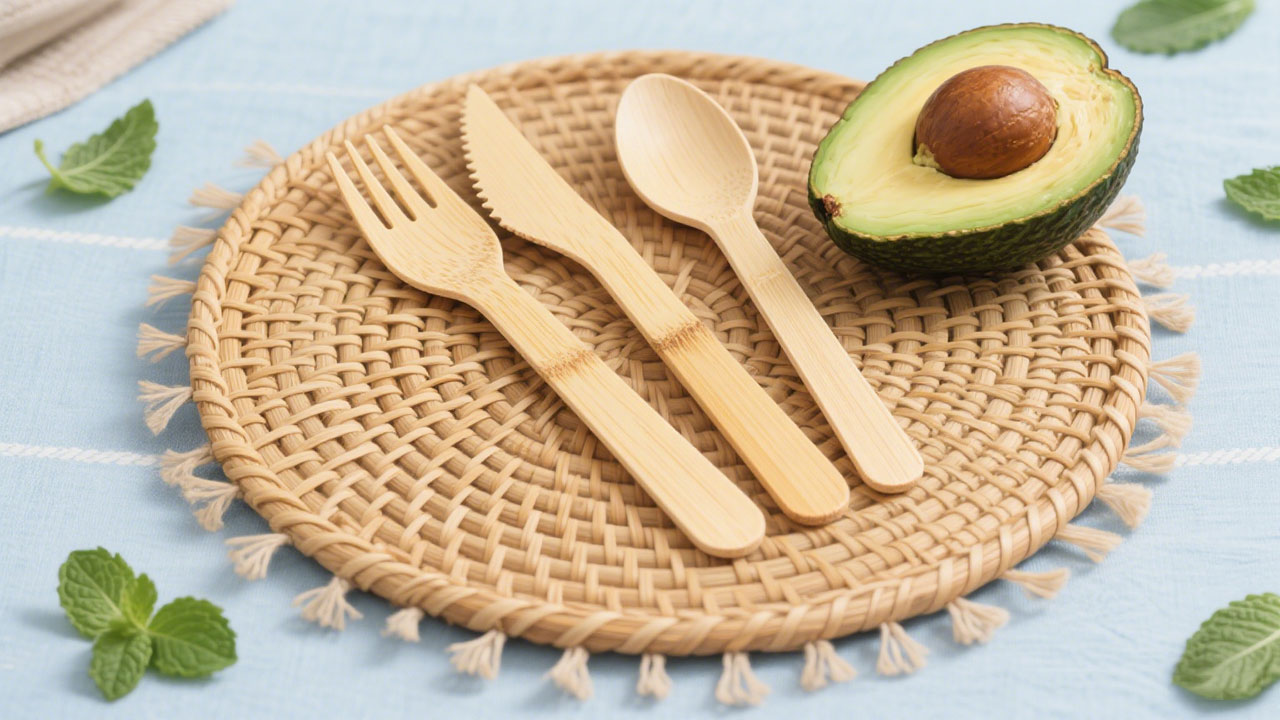
Certification Importance Matrix:
| Certification | Environmental Impact | Social Responsibility | Market Access |
|---|---|---|---|
| FSC-COC | ★★★★★ | ★★☆ | ★★★☆ |
| EN13432 | ★★★★★ | ★☆☆ | ★★★★ |
| BSCI | ★★☆ | ★★★★★ | ★★★☆ |
| ISO 9001 | ★★★☆ | ★★★☆ | ★★★★★ |
| Halal | ★☆☆ | ★★☆ | ★★★★ (Muslim markets) |



